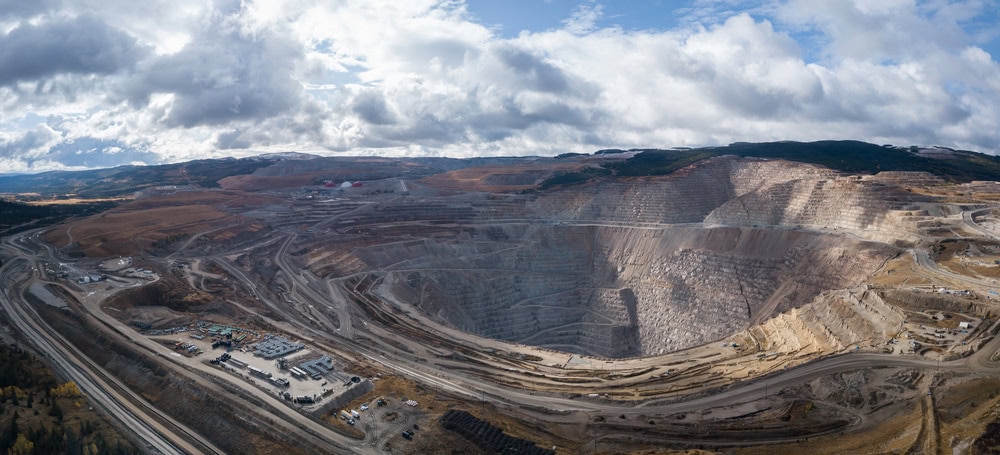The transition to a low-carbon economy will call for a massive increase in the production of materials derived from critical minerals. However, there is a time horizon problem: today’s resource prices are too low to stimulate the supply we’ll need tomorrow. By the time shortfalls in supply drive prices up in 2030, it will be too late to develop the mines necessary to alleviate the crunch. The rapid change likely to be induced by the energy transition will come up against the long lead times needed to develop mines.
To further complicate matters, critical mineral prices are particularly volatile—a factor that can be a benefit for larger players who can wait out bad times and benefit from large price increases, but that risks inhibiting supply chain growth and reinforcing short-term perspectives. This combination of long time horizons, uncertain demand, and volatile prices leads to a market that isn’t suited to the rapid scaling needed to meet future needs.
To overcome these challenges, Western governments and experts are starting to think about mechanisms to create the demand-side certainty necessary to drive needed development today. In this policy brief, authors Bentley Allan and Derek Eaton survey options ranging from price supports to procurement strategies to financialization efforts, laying out a framework for evaluating different approaches, and ultimately advocating for an option that balances societal risks and benefits: contracts for difference.


